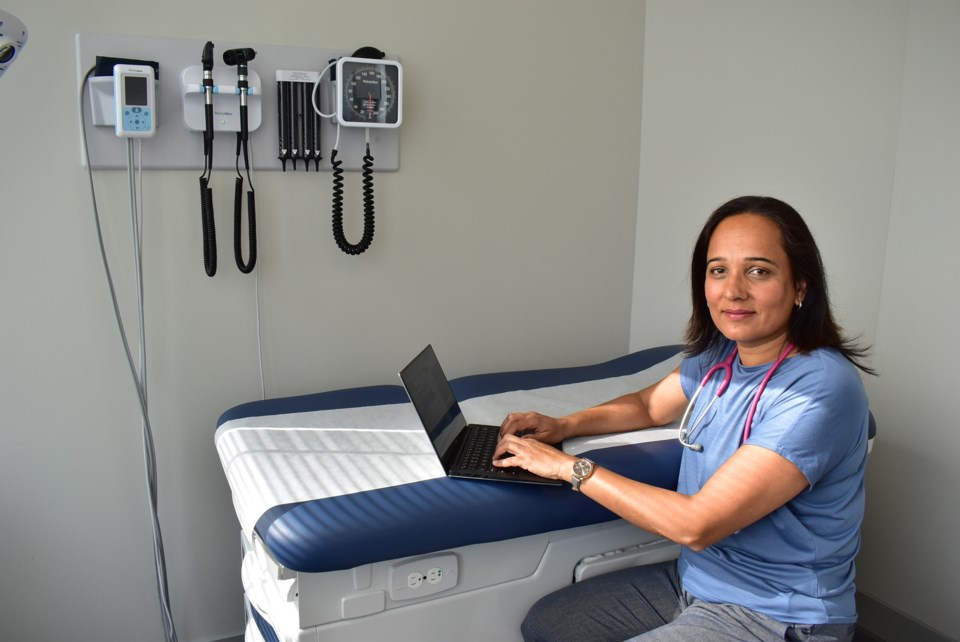Dr. Sharon Dodd, a family doctor in Richmond, has been involved in environmental advocacy since she was a child. After watching her grandmother wash and dry plastic bags, Dodd has been familiar with the concept of reusing and recycling for a long time.
“To her, it was unimaginable to use a plastic bag once and store it in the garbage.”
After advocating with Doctors of BC, an organization of physicians, residents and medical students in B.C., for a few years to provide an improved payment plan to retain more doctors, Dodd got involved with the Canadian Association of Physicians for the Environment (CAPE) which focuses on helping the environment.
“Seeing the pollution problem in other countries is what really triggered me because I think, in Canada, we don't see the pollution," Dodd said. "Our streets are clean, our rivers are clean. Although, if you go in there and measure it, you'll see microplastics.”
Dodd said there isn’t much “physician specific” advocacy when it comes to plastic and its harms.
It's also vital to address plastic pollution as to reduce human exposure to plastic, as both microplastics and chemical additives can cause health harms.
We need to put more effort into plastic reuse and refill models and move away from using single-use plastics, she added.
Dodd is hoping for improved regulations against hazardous chemical additives in plastic food packaging will be included in the Global Plastics Treaty, a United Nations agreement to reduce the impact of plastic pollution on the environment and humans.
The final meeting for the Global Plastics Treaty will be held in Korea later this month and Dodd will be attending as a representative of CAPE.
Also in attendance will be environmental organizations such as Greenpeace, Surfrider and Oceana. She is hoping for greater involvement from the Canadian government at the meeting.
“We need strong policies and laws to help guide individuals and corporations on responsible use of plastic.”
Dodd also hopes the meeting will help outline guidelines and regulations to reduce the global production of plastic and improve plastic management after use.
While still continuing her family practice, Dodd dedicates her evenings and weekends to working for the environment.
“Currently, we produce 460 million tonnes of new plastic globally each year, and the production is projected to double by 2040. Globally, only nine per cent of plastic is recycled, the rest being incinerated, going to landfills or ending up into our oceans.”
Dodd hopes to raise awareness about the growing health consequences from plastic exposure and advocates for a stricter bans on single-use plastic and adopting responsible, eco-friendly packaging for food.
Got an opinion on this story or any others in Richmond? Send us a letter or email your thoughts or story tips to [email protected]. To stay updated on Richmond news, sign up for our daily headline newsletter. Words missing in article? Your adblocker might be preventing hyperlinked text from appearing.



